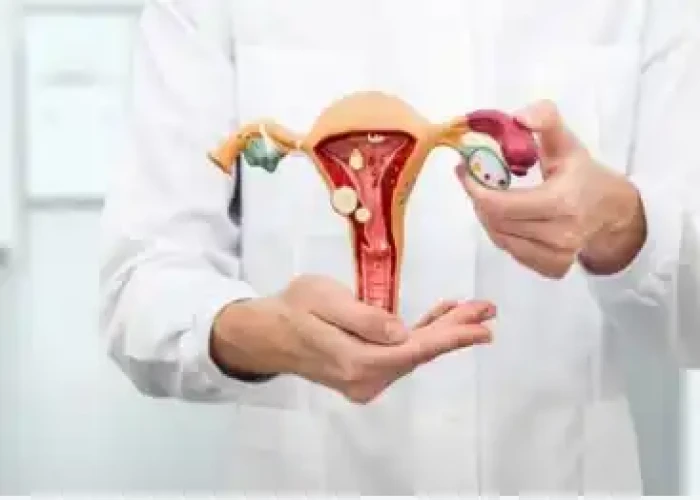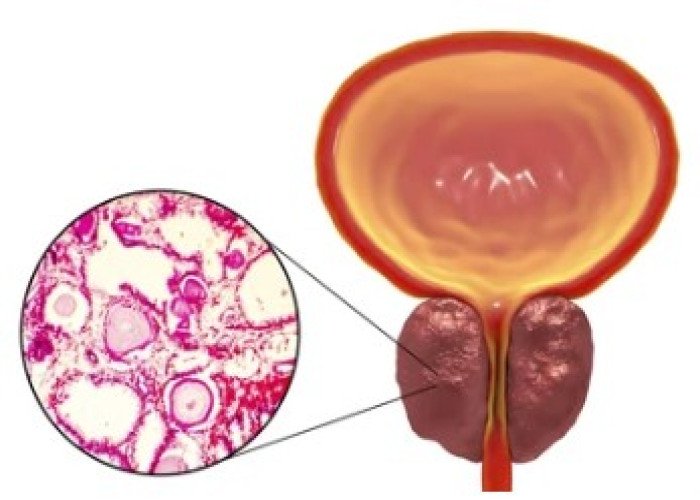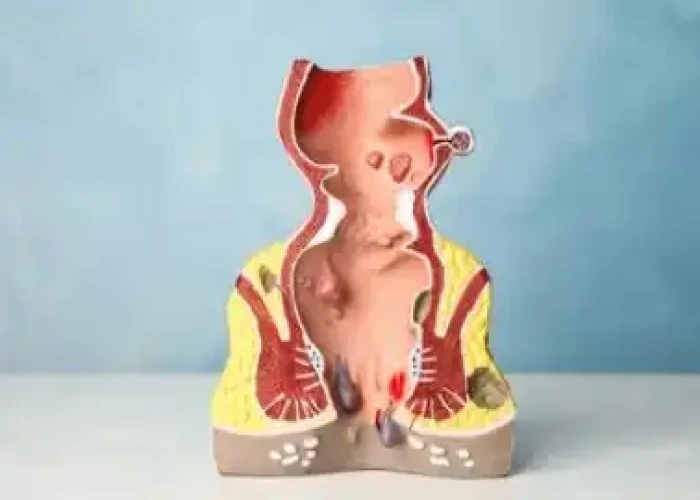 Welcome
Welcome
“May all be happy, may all be healed, may all be at peace and may no one ever suffer."
- A
- B
- C
- D
- E
- F
- G
- H
- I
- J
- K
- L
- M
- N
- O
- P
- Q
- R
- S
- T
- U
- V
- W
- X
- Y
- Z
Pyorrhea - Yoga remedies
Pyorrhea, also known as periodontitis, is a serious gum infection that damages the soft tissues and bone that support the teeth. It is caused by the buildup of bacteria and plaque on the teeth, which can lead to inflammation and eventually cause the gums to pull away from the teeth. This can create pockets where bacteria can accumulate and lead to further damage to the gums and bone.
Common symptoms of pyorrhea include red, swollen, or bleeding gums, bad breath, loose teeth, and gum recession. If left untreated, pyorrhea can eventually lead to tooth loss and other serious health problems, such as heart disease and respiratory infections.
Treatment for pyorrhea typically involves a combination of professional dental cleaning, antibiotics, and good oral hygiene practices, such as brushing and flossing regularly and using an antiseptic mouthwash. In some cases, surgery may be necessary to remove damaged tissue and promote healing.
Preventing pyorrhea involves maintaining good oral hygiene habits, including brushing and flossing regularly, avoiding tobacco use, and seeing a dentist for regular checkups and cleanings. It is important to address any signs of gum disease as early as possible to prevent further damage to the teeth and gums.

Uterine displacement

Prostate gland enlargemen...

Fistula

Seasons are irregular

Mind is restless

Knee swelling

Ripe hair and beard

Predominant discharge
Pyorrhea, পাইওরিয়া
To be happy, beautiful, healthy, wealthy, hale and long-lived stay with DM3S.